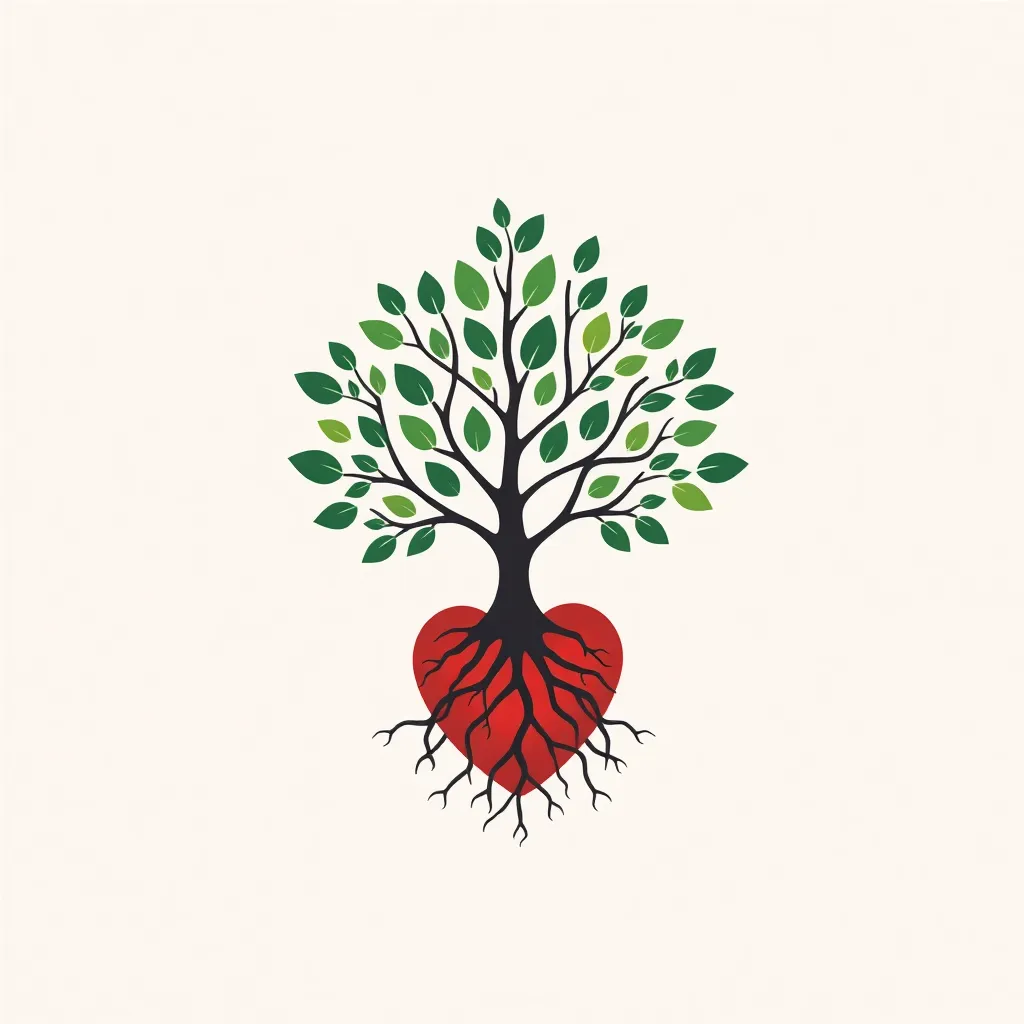“Love is not about getting, it’s about giving. The more you give, the more it grows. True love comes from a generous heart.”
Love is Not About Getting, It’s About Giving: The Generosity of the Heart
The age-old adage, “Love is not about getting, it’s about giving,” holds profound truth. While romantic relationships often focus on reciprocal affection and shared experiences, the core principle of giving transcends romantic love and extends to all forms of human connection. This article explores the intricate relationship between generosity, love, and personal growth, examining how acts of kindness and selflessness nurture not only our relationships but also our own well-being.
The idea of generosity as a cornerstone of love is echoed across cultures and spiritual beliefs. In the Christian faith, for instance, the parable of the Good Samaritan exemplifies selfless love and compassion. Similarly, many Eastern philosophies emphasize the importance of karuna (compassion) and metta (loving-kindness) as essential elements of a fulfilling life. These concepts highlight the intrinsic link between giving and receiving, suggesting that true happiness arises not from accumulating possessions or receiving constant validation, but from the act of giving itself.

This isn’t to say that receiving love and affection isn’t important. Human beings are inherently social creatures, requiring connection and support to thrive. However, a relationship built solely on receiving, on the constant expectation of gratification, is inherently unbalanced and unsustainable. True love, in its most complete form, involves a reciprocal exchange of giving and receiving, a dance of generosity and appreciation.
Consider the example of Taylor Swift, whose extensive charitable donations and acts of kindness towards her fans have become legendary (as documented by Billboard). Her generosity isn’t merely a public relations stunt; it reflects a deep-seated empathy and desire to give back. This act of giving, in turn, strengthens her connection with her fans, fostering a reciprocal relationship built on mutual respect and admiration.

The benefits of giving extend far beyond strengthening relationships. Numerous studies have shown a strong correlation between acts of kindness and increased happiness and well-being. Giving activates areas of the brain associated with pleasure and reward, releasing endorphins that reduce stress and improve mood. This positive feedback loop reinforces the act of giving, creating a virtuous cycle of generosity and happiness.
Moreover, giving encourages personal growth. When we focus on the needs of others, we are forced to step outside of our own self-centered perspectives. We develop empathy, compassion, and a deeper understanding of the human experience. This broadened perspective enriches our lives and allows us to connect with others on a more profound level. The act of giving, then, is not just an act of love, but also an act of self-discovery.

Furthermore, the type of giving matters. Financial generosity is certainly impactful, but acts of service, emotional support, and simple acts of kindness are equally vital. A listening ear, a helping hand, a heartfelt word of encouragement – these can be just as powerful, if not more so, than monetary donations. The key is to give authentically, from a place of genuine compassion and empathy.
The concept of “giving until it hurts” is often romanticized, but it’s crucial to maintain balance. Generosity should not come at the expense of one’s own well-being. It’s important to set healthy boundaries and prioritize self-care. True generosity stems from a place of abundance, both emotional and material, allowing us to give freely without depleting ourselves.

FAQ:
-
Q: How can I be more generous if I don’t have much money? A: Generosity isn’t solely about financial contributions. Volunteer your time, offer emotional support, lend a listening ear, or perform acts of service for others. Small gestures of kindness can have a profound impact.
-
Q: What if my generosity isn’t reciprocated? A: The primary focus of generosity should be on the act itself, not the expectation of return. While reciprocal acts are wonderful, the intrinsic reward of giving often surpasses any external validation.
-
Q: How do I know if I’m being too generous? A: Pay attention to your own well-being. If your generosity consistently leaves you feeling depleted, stressed, or resentful, it’s time to re-evaluate your boundaries and prioritize self-care.
-
Q: Can generosity be learned? A: Yes! Like any skill, generosity can be cultivated through conscious practice. Start small, identify areas where you can offer assistance, and gradually expand your acts of kindness.
In conclusion, the idea that love is about giving, not getting, is not a simplistic platitude but a profound truth that underpins a fulfilling and meaningful life. By embracing generosity in all its forms, we not only enrich the lives of others, but also cultivate a deeper sense of self-love, happiness, and personal growth. The more we give, the more our capacity for love expands, creating a ripple effect of positivity that touches ourselves and the world around us.
#notes






